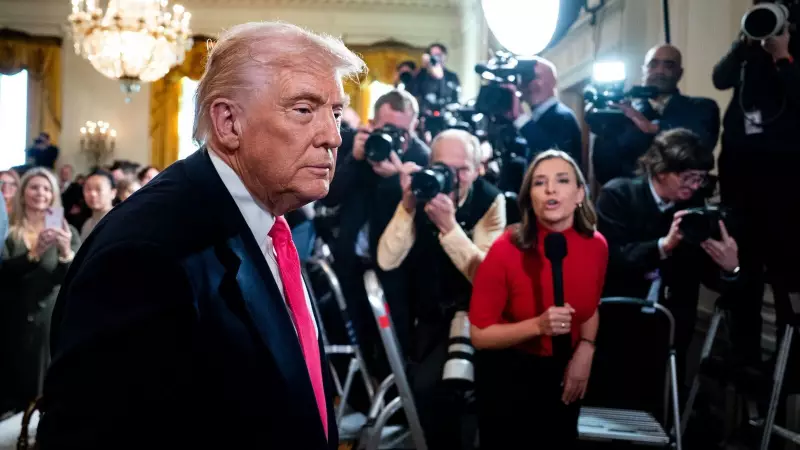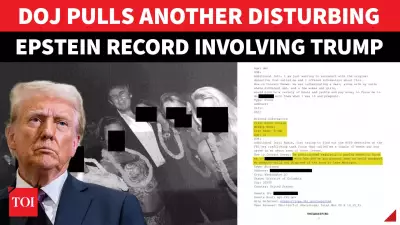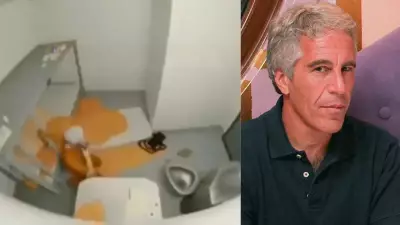
The British Broadcasting Corporation (BBC) has issued a formal apology to former US President Donald Trump concerning a misleading edit of his January 6, 2021 speech, though the publicly funded broadcaster has firmly rejected his demand for $1 billion in compensation.
The Controversial Edit and Formal Apology
BBC Chair Samir Shah sent a personal letter to the White House expressing regret for the editing of President Trump's speech delivered before his supporters stormed the US Capitol. The incident occurred as Congress was preparing to certify President-elect Joe Biden's victory in the 2020 election, which Trump has repeatedly but falsely claimed was stolen from him.
The broadcaster acknowledged that their editing unintentionally created the false impression that they were showing a single continuous section of the speech, when in reality they had combined excerpts from different points in the address. This misleading presentation gave viewers the mistaken understanding that President Trump had directly called for violent action.
Trump's Legal Threats and BBC's Response
President Trump's legal team had sent the BBC a formal letter demanding an apology and threatening to file a massive $1 billion lawsuit for the reputational and financial harm caused by the documentary. The letter had set a Friday deadline for the BBC to respond to their demands.
While the BBC issued the apology Trump sought, the corporation explicitly refused to pay any compensation for the alleged damages. The broadcaster also confirmed there are no plans to rebroadcast the controversial documentary that sparked the dispute.
Panorama Documentary and Production Details
The controversy originated from an edition of the BBC's flagship current affairs program "Panorama" titled "Trump: A Second Chance?" which aired just days before the 2024 US presidential election. The third-party production company responsible for the film had spliced together three quotes from two separate sections of Trump's 2021 speech into what appeared to be a single statement where the President urged supporters to march with him and "fight like hell."
Critical context was omitted from the final edit, including sections where Trump explicitly stated he wanted his supporters to demonstrate peacefully. The editing decision created significant controversy and led to high-level resignations at the BBC, including Director-General Tim Davie and news chief Deborah Turness, who stated that "as the CEO of BBC News and Current Affairs, the buck stops with me."
Legal Challenges and Precedents
Legal experts have expressed skepticism about Trump's ability to successfully pursue the case in either UK or US courts. Several significant obstacles stand in the way of the former President's legal threat:
- Deadlines to file the case in English courts expired more than a year ago, with defamation damages in UK courts rarely exceeding £100,000 ($132,000)
- Since the documentary wasn't broadcast in the United States, it would be difficult to prove that American citizens formed negative opinions about Trump based on a program they couldn't watch
- The BBC could potentially argue that Trump wasn't harmed since he was ultimately elected President in 2024
Despite legal experts dismissing many of Trump's media-related claims as having little merit, the former President has secured several lucrative settlements from US media companies. Most recently, Paramount (owner of CBS) agreed to pay $16 million to settle a lawsuit Trump filed over a "60 Minutes" interview with former Vice President Kamala Harris. Similarly, ABC News paid $15 million last year to settle a defamation case concerning inaccurate on-air statements about Trump.
The BBC apology comes as the corporation investigates additional reports that its Newsnight program in 2022 had similarly edited together parts of the same Trump speech, suggesting this may not have been an isolated incident in their coverage of the former President.





